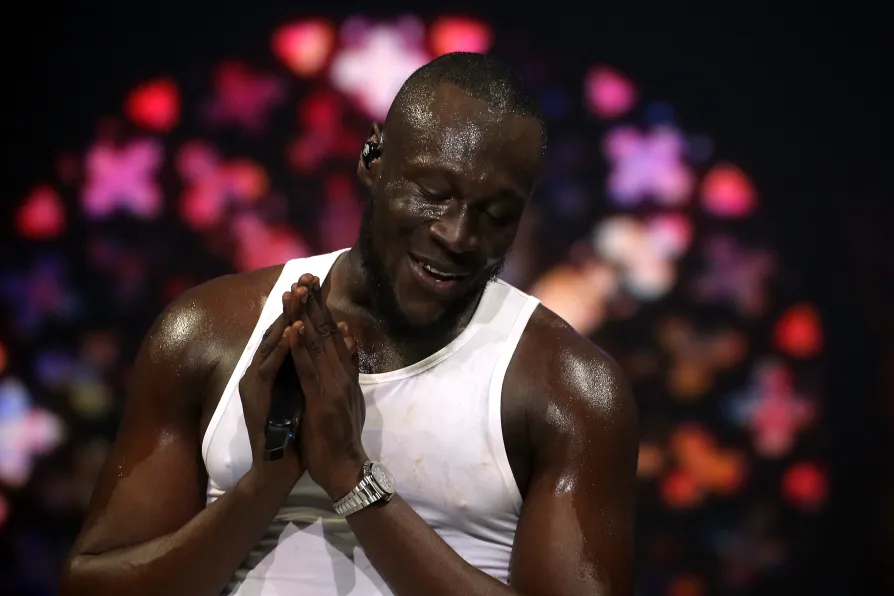By pressuring Mexico to halt oil shipments, Washington is escalating its blockade of Cuba into a direct bid for economic collapse and regime change, argues SEVIM DAGDELEN
Why it’s time for a resurgence of black self-organisation in Britain
Black activism has always been about changing the movement and then the world, writes ROGER McKENZIE

 Stormzy's comments about racism were widely distorted
Stormzy's comments about racism were widely distorted
RECENT incidents in football stadiums and the ridiculous furore over Stormzy’s comments about the prevalence of racism in Britain have once again shown that one can never take for granted that real progress has been made as perhaps many thought.
Racist incidents are of course not new and are not confined to one part of the country.
Back in 1987 I was living in a northern city when a general election was called. I was already an activist and, by that time, one of the leaders in the Labour Party Black Sections movement.
Similar stories

ROS SITWELL reports from the Morning Star conference on ‘Race, Sex and Class Liberation’ last weekend

It’s tiring always being viewed as the ‘wrong sort of woman,’ writes JENNA, a woman who has exited the sex industry

Ben Cowles previews his interview with Stand Up to Racism’s SABBY DHALU for the Morning Star’s new Youtube channel











